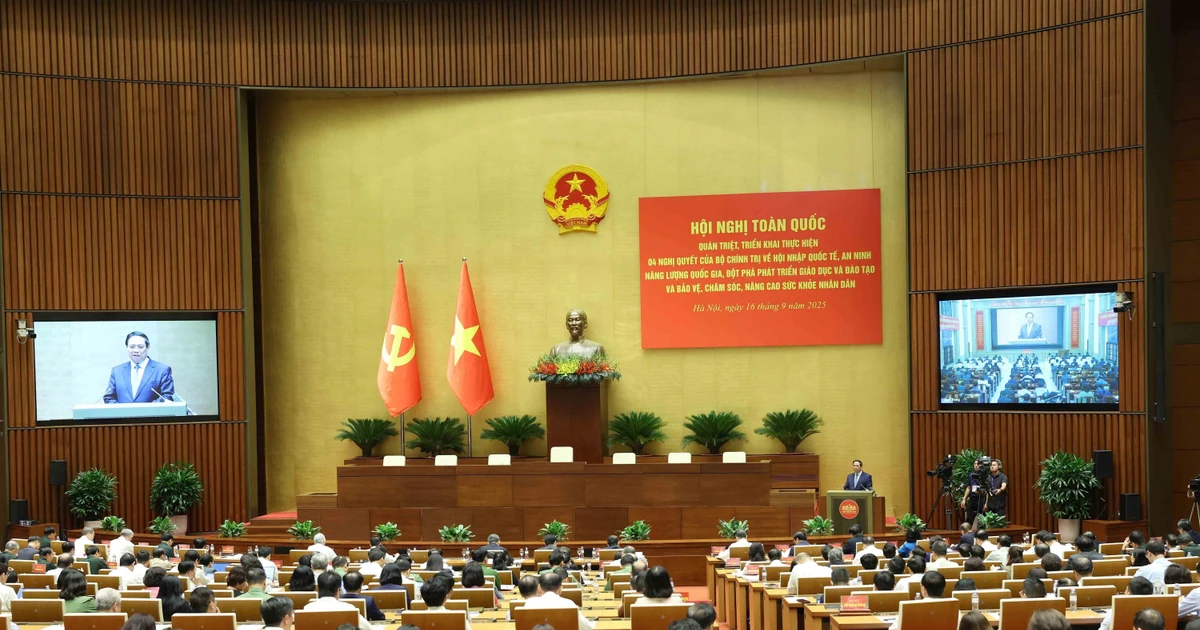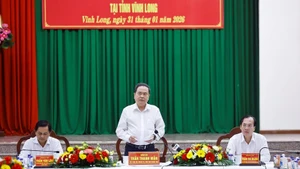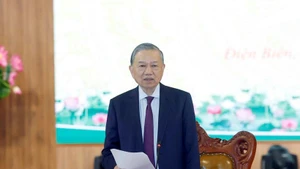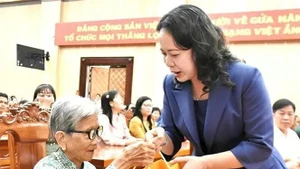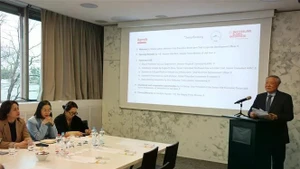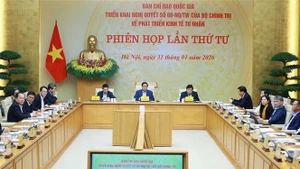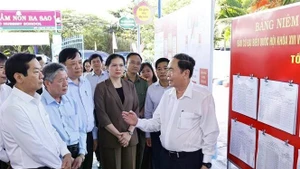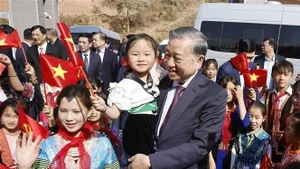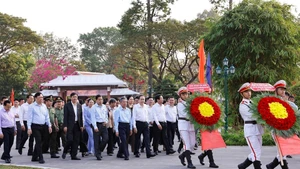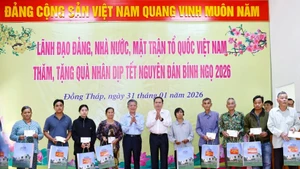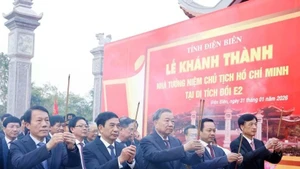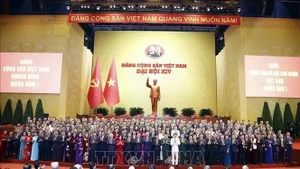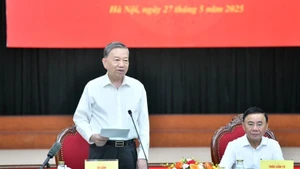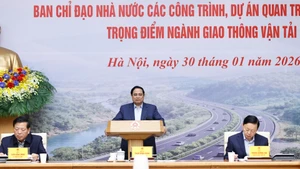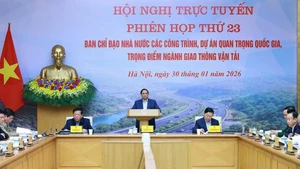Prime Minister Pham Minh Chinh has outlined seven breakthrough tasks and solutions to advance Viet Nam’s education system and contribute to the two centenary goals.
The PM was addressing a national conference to implement the Politburo's resolutions, focusing on Resolution No. 71-NQ/TW on breakthroughs in education and training development.
The PM highlighted focal points in the scheme - institutions and policies; management and governance; investment resources with a target of 5% of total public investment for education and 3% for higher education; teacher and talent development; student support; autonomy and innovation in educational institutions; and digital and foreign language capacity.
He said that the resolution affirms education and training as a leading national policy, decisive for the nation’s future as it strives towards prosperity, civilisation and global standing. The Government has since issued its own action programme to implement Resolution No.71, said the PM.
He reviewed progress of the education and training sector, emphasising that Viet Nam is also among the 21 countries to have achieved the UN Sustainable Development Goal on quality education ahead of schedule.
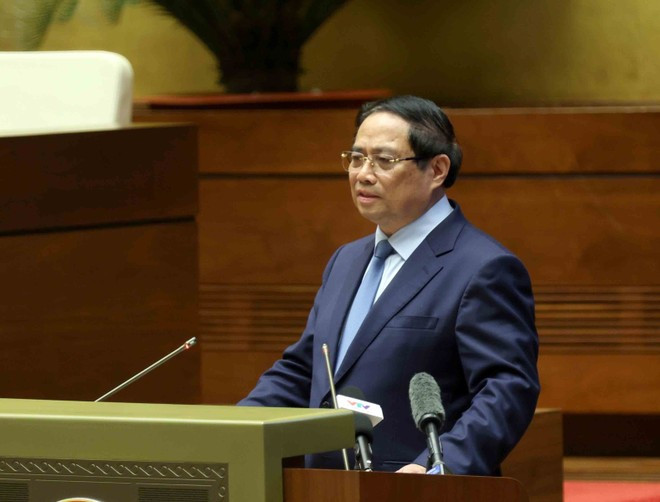
He pointed out that challenges remain, especially amid profound international changes and the domestic demand for rapid, sustainable development.
Building a new generation of globally competent, resilient and innovative Vietnamese citizens is now an imperative.
The Government leader stressed the need for a decisive shift from knowledge transfer to capacity and character development, ensuring “learning goes hand in hand with practice.” Early childhood and general education must provide the foundation; vocational education is the key; and higher education is the core driver for advanced human resources and talent, he underscored.
The PM said that the Government has already issued its action plan to implement Resolution No.71, comprising eight major task groups, 36 objectives and 151 specific measures, with clear assignments under the principle of “six clarities” - in responsibility, task, accountability, authority, timelines and outcomes.
Ministries and localities have been directed to finalise legal frameworks, review curricula, reform salary and allowance schemes for teachers, restructure higher and vocational institutions, and close substandard schools. By October, construction of 100 new inter-level boarding schools is expected to begin, forming part of a broader plan to build such schools in 248 border communes, he said.
PM Chinh asked the Party Committee of the Viet Nam Fatherland Front, mass organisations and local administrations to lead, mobilise resources, and ensure effective implementation.
He stressed that grassroots-level Party organisations must be the core force, as education ultimately serves learners, teachers and local communities.
